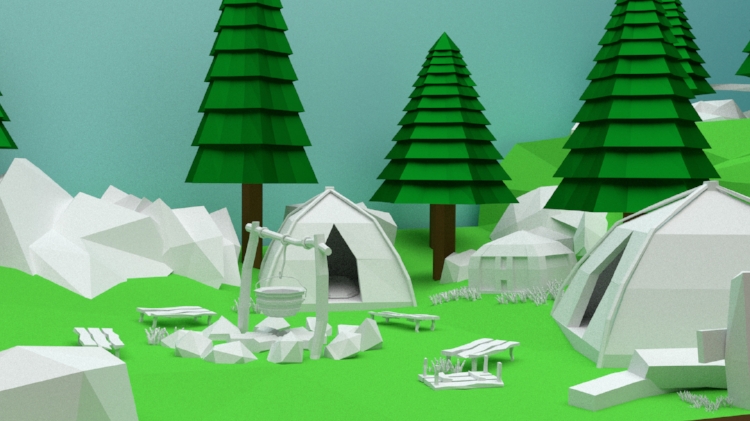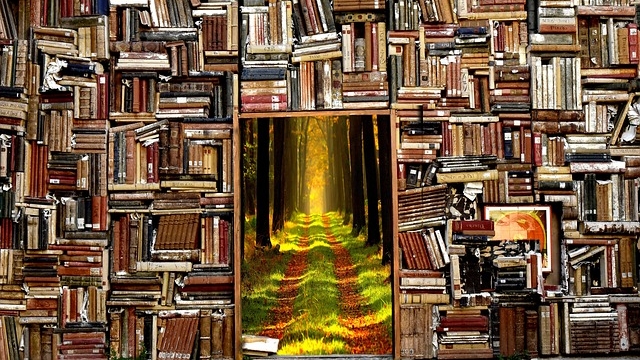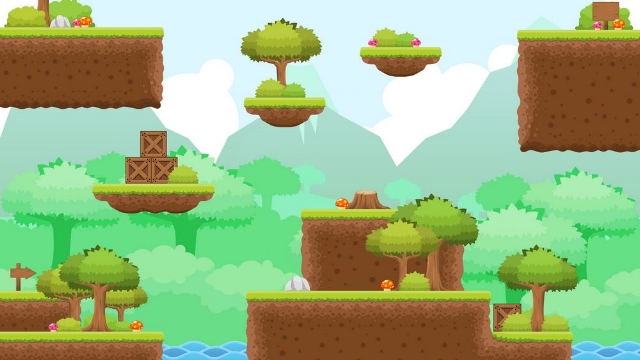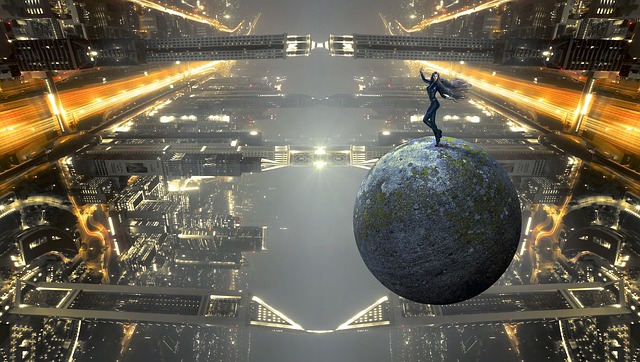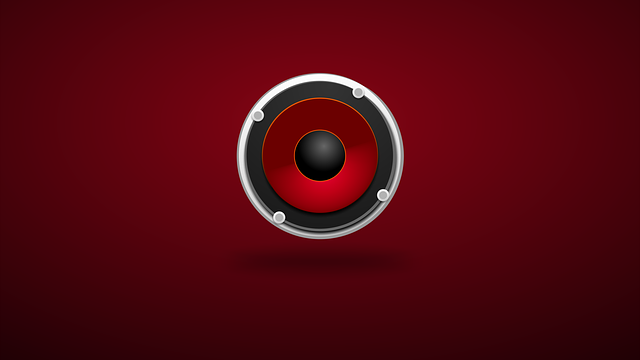After having connected with various indie game developers (often supporting them with their game music), I’ve discovered that there are many challenges that one faces in the game development journey.
It can be a tricky road to travel and it’s always good to know what to avoid if you can and so I’ve tried here to highlight some common issues and mistakes that I’ve heard/seen/witnessed people going through. I hope that you will be able to take something away from this and that you find these useful. So here are some key mistakes to note and avoid as you develop your game…
1. Being Overly Ambitious
It’s usually a good thing to be ambitious and to aim high in work & life generally and so I wouldn’t want to encourage you not to be ambitious in your game development, but I think it’s important to try and be realistic and not to start with something overly complex and therefore impossible for you to do or at least to do well.
There are many cases where people have an amazing concept – perhaps you want to create a big multiplayer game for example, but if this is your first project – perhaps try to start with something smaller as a way to build up and hone your skills before attempting the larger project.
Games can take a significant amount of time to develop and you don’t want to find yourself deflated along the way because it feels like a never-ending journey.
2. Isolating Yourself
I doubt that you will intentionally isolate yourself away from others but if you’re doing this solo or even in a small team, it’s easy to shut everyone else out and to keep your head down in your game design / programming or development.
This is not healthy nor is it helpful to you in the long run. It’s important to stay connected to the outside world for several reasons…
- You need people to bounce ideas around with
- You need to stay connected to your audience
- You may want to seek advice from your peers (other indie game developers or industry veterans)
- You may need resources or specific experts (in art / graphics / music / animation / modelling etc.)
(Also see: Pros & Cons of Creating Your Own Game Music)
3. Leaving Marketing Until the End
This is a very common mistake. Many game developers will focus initially on the development of the core aspects to the game – which they/ you will see as the technical elements. These are certainly important and crucial to having a game at all – but it doesn’t mean that you can leave your marketing until the end.
If you don’t think about how you will reach your audience and start building up that following and interest early on, you will have a very hard time getting people to play and download your game later on.
Get the word out as early as you can to save you time, money and stress later down the line. Build up some core fans, line up potential testers, get real and useful feedback and have a market that’s primed and ready for your game when it’s finally ready to launch.
(Also see: 6 Must Do Marketing Tips for Indie Game Developers)
4. Leaving Music as an After Thought
The music in a game is what can really bring it to life. It can enhance the gameplay experience and support the various storylines and characters in a game and it is essential to creating the right mood and feeling for your game.
However, often, similarly to marketing, it is left until the very end and only thought about once everything else has been completed. It’s a good idea to coordinate and think about what you want from your game music soundtrack earlier on in the development process so that it becomes a part of your uniqueness and game package.
Having a really memorable and excellent game soundtrack can make your game stand out above others. It also becomes part of your marketing toolkit.
(Read more on this at: 5 Reasons to Invest in Great Game Music)
5. Underestimating the Need & Value of Planning
Set some goals, set some deadlines. Map out what you need to do and when you need or want to do it by. Break down your project into manageable tasks and work through them methodically.
There are so many reasons why planning can be so helpful and valuable:
- it stops us procrastinating
- it stop us from going off on a tangent, getting distracted and spending time on things that ultimately don’t really matter
- it focuses our energy & is the best way to get things done
- it makes it easier to see and appreciate what we’ve achieved and to know where we’re going and how far along in a project we are
- it stops us waking up and wondering ‘what shall I do today’ – and hence gives us a clearer purpose, a strategy and a way forwards
6. Being a Perfectionist
Given that your game is your creation, it is completely understandable for you to want to make absolutely perfect, however, there has to be a cut-off point after which there will be no more tweaking, no more adding of this and that and you launch your game!
It’s easy for people to keep building out the scope of a project – to design new levels, expand the map, introduce more characters, beautify it further etc. but if you keep tweaking, you will never release it!
That being said, obviously fix the bugs and make sure that what you’re launching with is a game that you’re proud of, but don’t let your game development drag out beyond what’s really necessary. This is your creation and you deserve to be able to share it with others – so set a deadline, stick to the scope and finish it!
You may also want to take a look at my article on 5 Top Tips for Indie Game Developers.
About the author: Ninichi is a game and film music composer. She works on a range of freelance composing projects supporting talented game developers and film makers with their music.
Want some great custom music for your game? Listen to Ninichi's game music or contact her now to discuss your game music needs.
Follow her @ninichimusic




